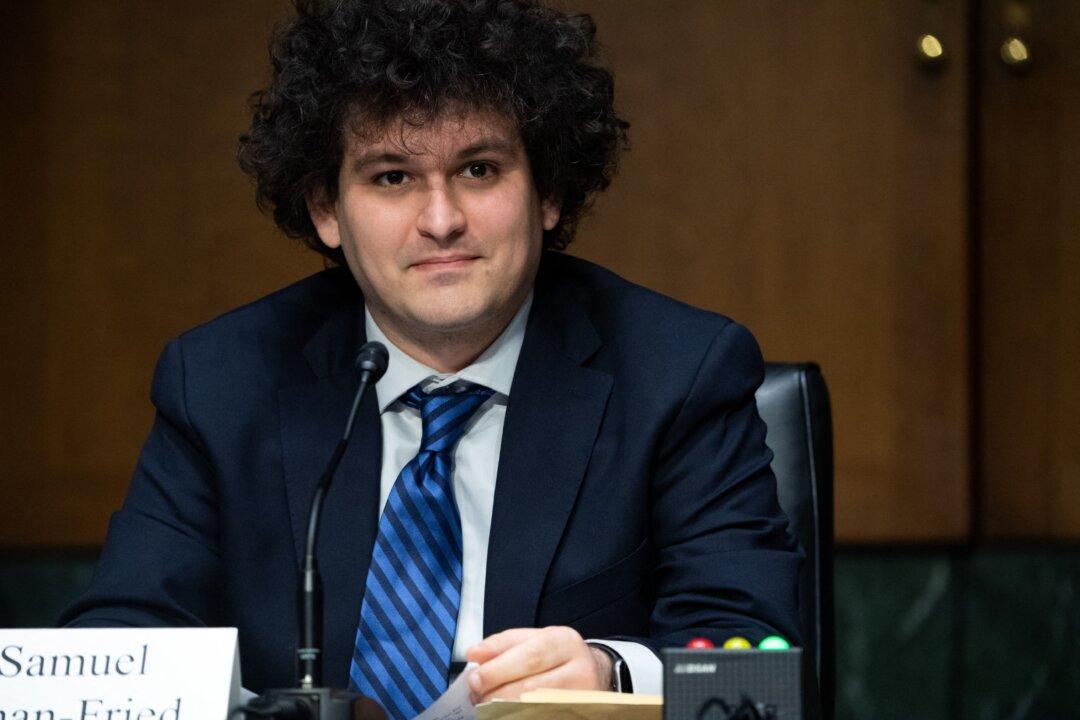Crypto exchange Binance’s chief strategy officer Patrick Hillmann has compared Sam Bankman-Fried, CEO of the bankrupt crypto exchange FTX, to the infamous Ponzi scheme mastermind Bernie Madoff.
In an interview with CNBC, Hillmann said that venture capitalists were attracted to Bankman-Fried’s persona and appearance of credibility. Bankman-Fried is either like Elizabeth Holmes, founder of the scandalous now-defunct company Theranos, who was “completely delusional,” or is like Bernie Madoff, who created a “cult of personality” and was “manipulative,” Hillmann said. Madoff was sentenced to 15 years in prison back in 2009 for running the largest Ponzi scheme in history worth $64.8 billion. He died in in prison in 2021.





